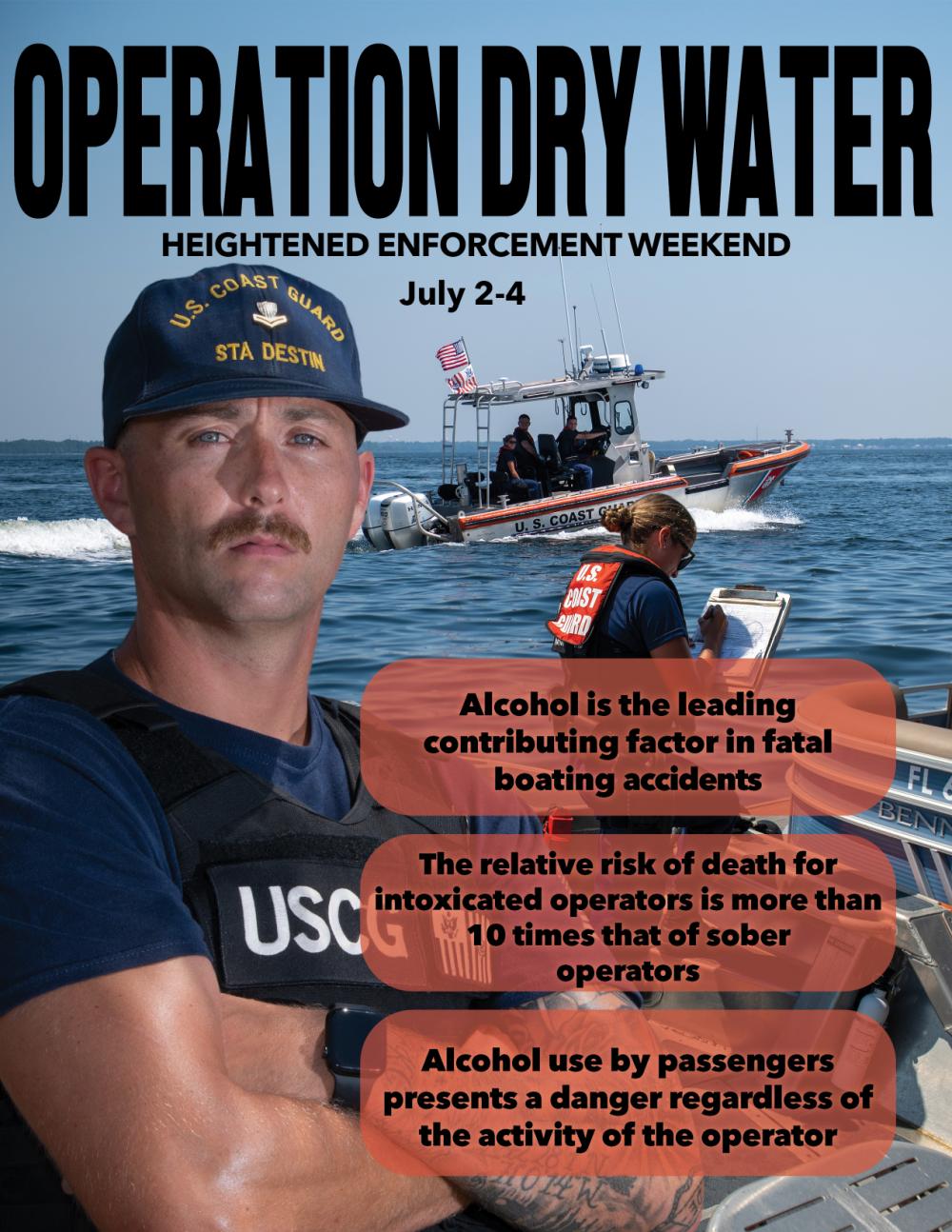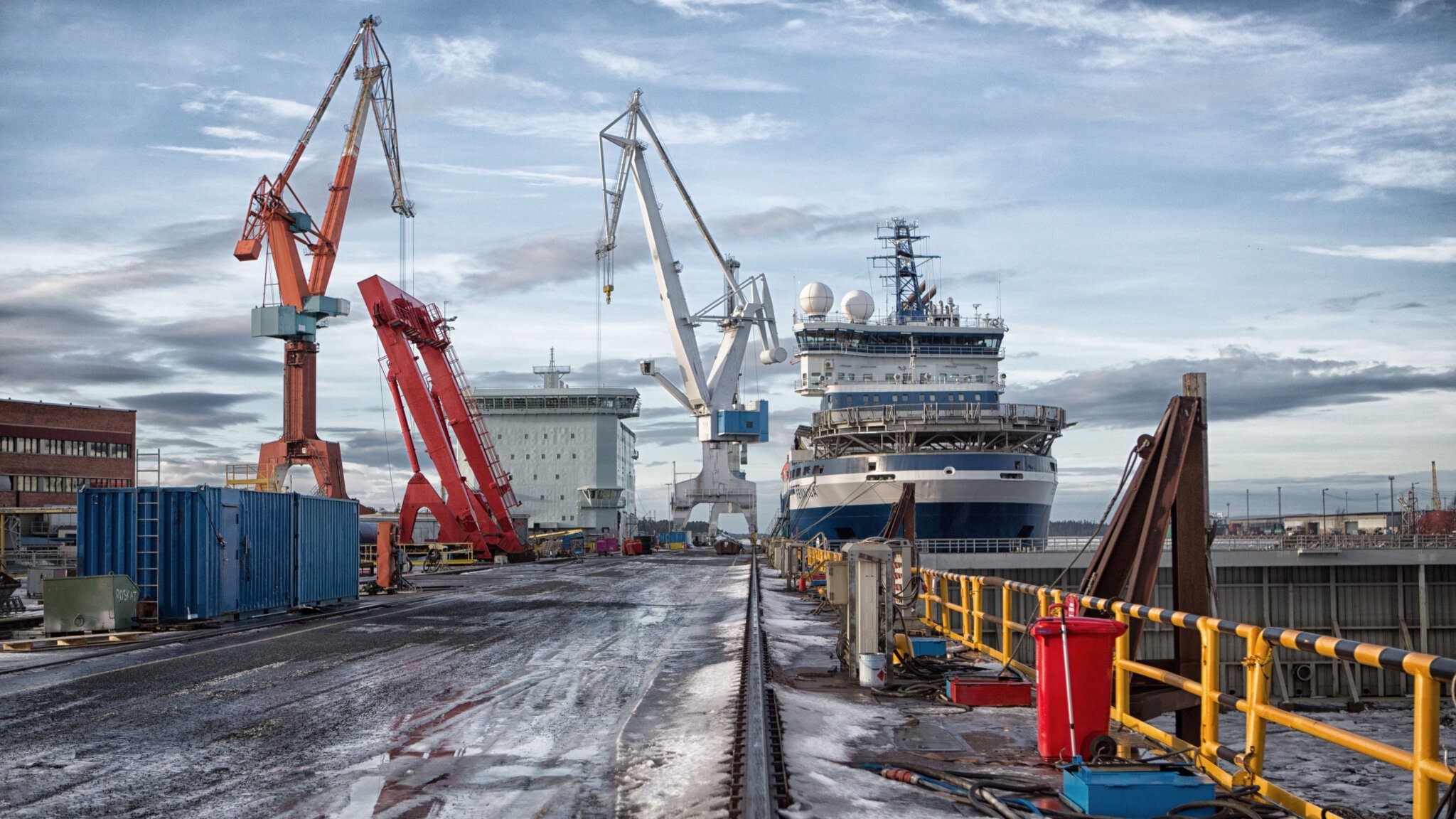NEW ORLEANS — The Coast Guard is urging all mariners to be safe on the water during the Fourth of July weekend.
During the holiday, increased traffic on the water is expected. Coast Guard stations around the country will be on patrol to ensure safety and security on the water, but the Coast Guard reminds boaters that safety starts at the dock.
The Coast Guard wants boaters to remember these tips before leaving the dock:
- Always check the local weather before heading out. Weather can change rapidly, so mariners planning on getting underway should keep a watchful eye on the forecast conditions.
- Make sure a friend or relative knows your float plan. A float plan states where you are going and how many people are aboard your vessel. It also gives a vessel description, details your destination and what time you expect to arrive there. If you are delayed for some reason, make sure you let someone know.
- Obtain a free, no-fault vessel safety check from your local Coast Guard Auxiliary before heading out on the water. Safety checks are courtesy examinations of your vessel designed to verify the presence and condition of certain safety equipment required by state and federal regulations.
- Do not drink and boat. According to the 2021 recreational boating statistics, alcohol use was the leading known contributing factor for fatalities which resulted in a total of 86 deaths, and contributed to 247 accidents and 186 injuries nationwide.
- Do not use flares as fireworks. Flares are a recognized sign of distress.
- Equip your vessel with working communication equipment. A VHF-FM radio is the best method of communication while on the water. Although cell phones are a good backup, they can be unreliable due to gaps in coverage area and battery life.
- Don’t allow friends and family members to bow-ride. Bow-riding refers to the unsafe practice of passengers remaining on the bow of a recreational vessel while it is making way.
- Wear your life jacket! In 2021, where cause of death was known, 81% of fatal boating accident victims drowned. Of those drowning victims with reported life jacket usage, 83% were not wearing a life jacket. In an emergency, there might not be enough time to put one on, so wearing one at all times may save your life.
For more information follow us on Facebook and Twitter.
-USCG-
Editorial Standards · Corrections · About gCaptain

 Join The Club
Join The Club











